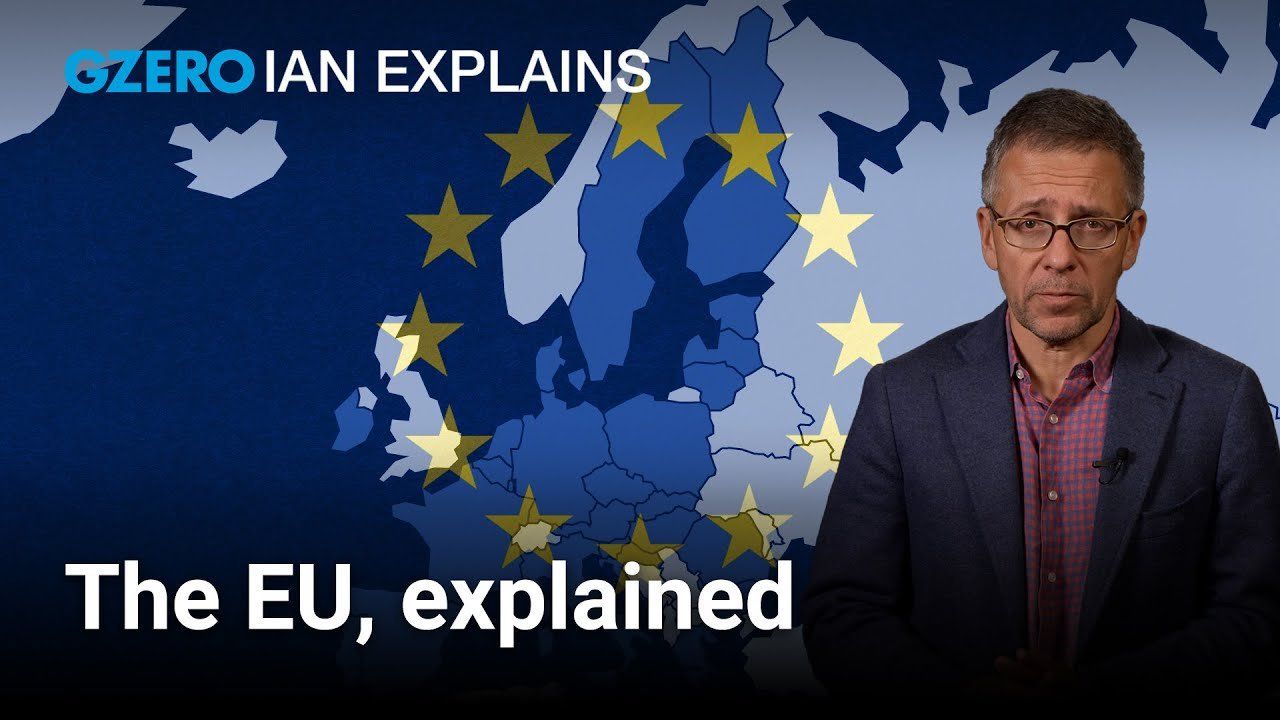
How does the European Union work, exactly? On Ian Explains, Ian Bremmer breaks down the different institutions of the EU and how they work together. In recent EU elections, the centrist European People’s Party held onto a slim majority , pushing back on the rise of far-right nationalist parties that have surged in national elections in places like France and Germany. The EPP will now have to find a way to deliver on key issues like migration reform and the Green Deal using a coalition in European Parliament, no easy task for a body with 720 members that represent some 450 million citizens. But how do EU laws actually get passed? The institutions of the EU can be hard to keep track of: there’s also the European Commision, the European Council, the Council of the EU—admittedly confusing. Ian Bremmer unpacks the seven major institutions that govern the European Union, the world’s largest trading bloc and most ambitious effort at supranational governance, a political experiment that’s turned a historically fractious continent into a unified whole.
GZERO World with Ian Bremmer, the award-winning weekly global affairs series, airs nationwide on US public television stations (check local listings).
New digital episodes of GZERO World are released every Monday on YouTube. Don't miss an episode: subscribe to GZERO's YouTube channel and turn on notifications (🔔).